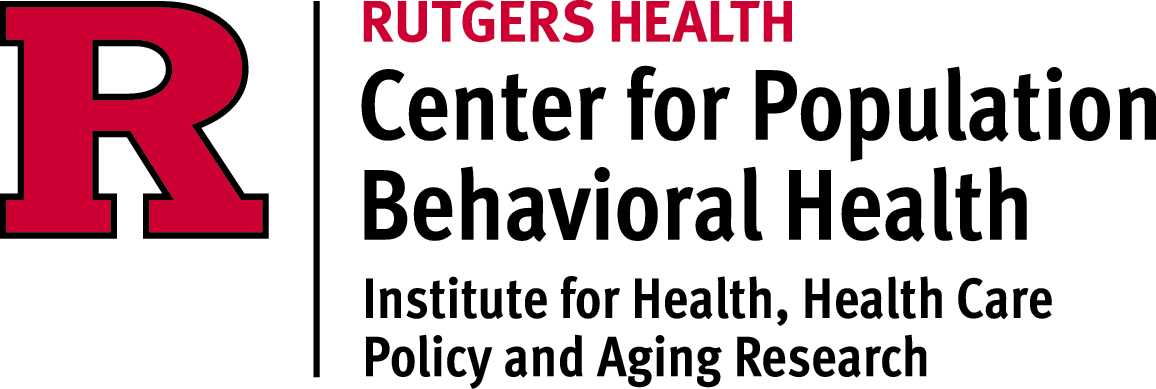

Dr. Ashley Grosso, core faculty member at the Center for Population Behavioral Health and assistant professor in the Department of Urban-Global Public Health, recently presented and published new research.
The abstract for the article, “Factors associated with initiation of selling sex as a minor among adult female sex workers in Eswatini,” was presented as a virtual poster in July 2022 for the 2022 International AIDS Conference. The paper was also published in the Journal of the International AIDS Society.
Background Minors who sell sex are likely to have complex mental health needs that may persist into adulthood. This topic is understudied in Sub-Saharan Africa. This study hypothesized that adult female sex workers in Eswatini who started selling sex as minors have a higher prevalence of depression than those who started as adults. We also examined correlates of depression and underage initiation of selling sex, including stigma and condom-related behaviors.
Methods From October-December 2014, women aged 18 or older who sold sex in the past 12 months in Eswatini were recruited through venue-based sampling. Participants completed a survey including the 9-item Patient Health Questionnaire (PHQ-9) and a question about the age at which they first sold sex for money. T-tests, χ2 tests and multivariable logistic regression were used to assess associations.
Results Overall, 43.1% of participants (332/770) had probable depression, and 16.6% (128/770) started selling sex as minors under the age of 18. Over half (55.5%, 71/128) of those who started selling sex as minors had depression. This was significantly higher than the 40.7% (261/642) prevalence of depression among participants who started selling sex as adults (p=0.002). After adjusting for confounders, female sex workers who started selling sex as minors had higher odds of depression than those who started as adults (adjusted odds ratio 1.70, 95% confidence interval 1.11-2.60). Both depression and underage initiation of selling sex were associated with anticipating stigma toward sex workers in healthcare settings and the number of times the participant reported a condom slipped off or broke in the past month.
Conclusion Results highlight the need for trauma-informed and adolescent-friendly mental health services in settings free of stigma toward female sex workers in Eswatini.